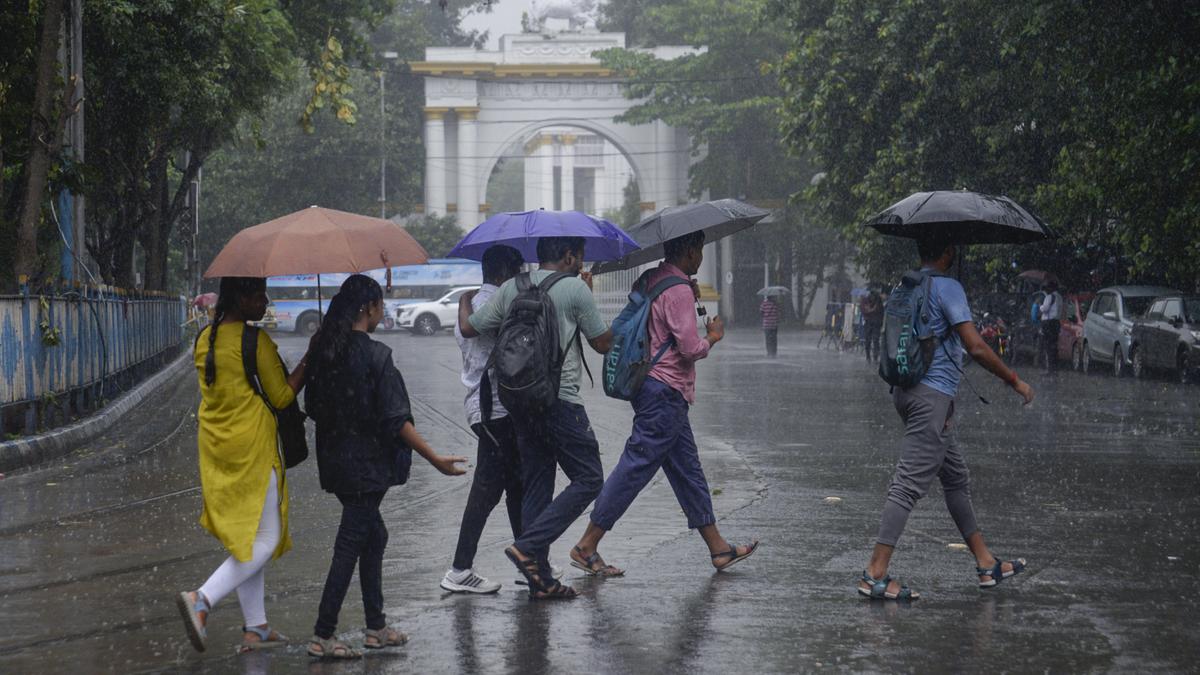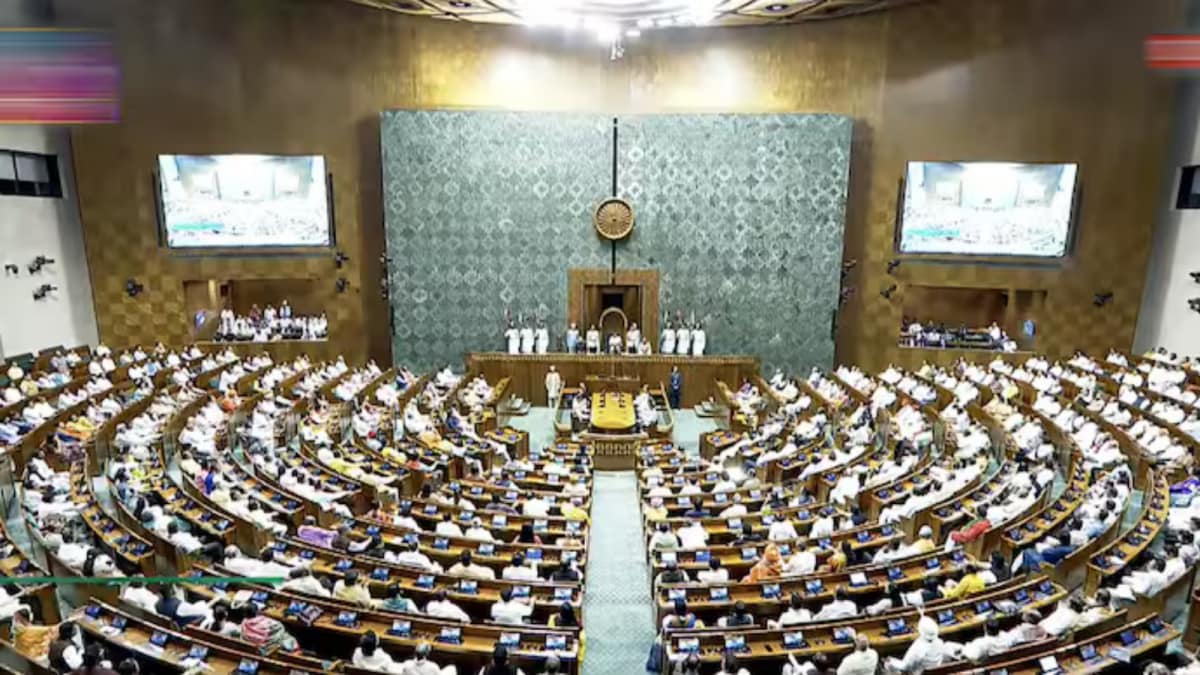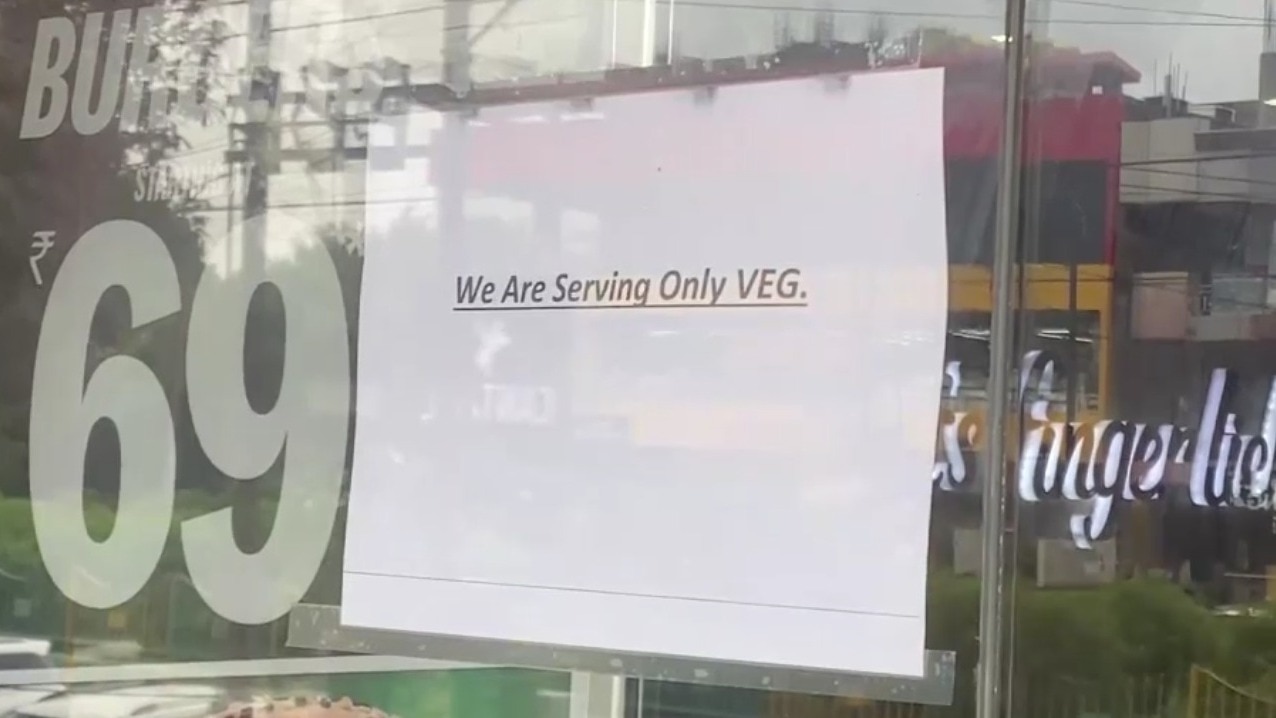Communist veteran V.S. Achuthanandan was 101 when he died early this week. He had been away from public life for six years, confined to his son’s home in Thiruvananthapuram after suffering a stroke in 2019. But the outpouring of grief on the crowded streets of Kerala, as his funeral cortège travelled the 150-kilometre distance to his hometown Alappuzha, revealed that he was never out of the public mind.
The young and the old, who made a beeline to the hearse for one last glimpse of their beloved comrade, with ‘Kanne Karale VS-ey (V.S., our sight, our heart)’ rending the air, had an unmistakable emotional connection to him. It is not every day that thousands of people across age groups tear up or wail inconsolably for a political leader not related to them.
V.S. belonged to that rare breed of politicians whose moral compass was shaped by the stifling social conditions of the pre-Independence era. Orphaned at a very young age, he dropped out of school after Class 7. He was at the forefront of agitations at the age of 17, mobilising coir workers to fight for their rightful wages in 1940. The days he spent organising peasants and paddy workers of Central Travancore to stake claim to their rights were marked by intense spells of starvation and toil, which made his life spartan. He would wash his only pair of clothes, a typical white jubba and mundu, and wear it before drying to avoid creasing. It was because of V.S.’s care for paddy and agricultural land that his government enacted the Kerala Paddy and Wetlands Act, 2008, to restrict the indiscriminate conversion of land. His development vision was tempered by his love for agriculture and nature, which got him brickbats.

If the media flayed him for his vettinirathal samaram, an anti-paddy land reclamation drive in the late-1990s, in early 2002, media persons accompanied a resurgent V.S., then 78, as he undertook an arduous trek to the hills of Mathikettan in Idukki to inspect for himself the extent of forests occupied by encroachers. Senior journalists who accompanied him said later that encroachers attempted to waylay him, but he was determined to proceed. The journalists, most of them young, couldn’t keep pace with the septuagenarian Leader of the Opposition. He shared his food packets with everyone and asked them to catch their breath as he resumed the hike. Mathikettan Shola was subsequently declared a national park.
Those who worked with him closely vouched for his deep empathy and his ability to compensate for his incomplete schooling by keenly listening to experts. This led him to play a key role in the people’s planning (decentralisation) programme, the introduction of free and open-source software, the expansion of the IT sector, the development of the national waterway-III, and the like. But it was his interventions for gender rights, secularism, environment, and against sex crimes and corruption endeared him to the masses. He was accessible, unostentatious, and grounded, while he lived a disciplined life personally.
With Pinarayi Vijayan emerging as a new power centre in the CPI(M) in Kerala, allegations arose of a ‘media syndicate’ tacitly supporting V.S. But V.S. himself had previously complained of the selective leaking of inner-party happenings to the media at the 2005 Malappuram State conference. He knew the power of the media and possessed inimitable presentation skills to gain media attention. A close confidante of his told me years later that V.S. never encouraged any activity against the party which he co-founded. “He was of unimpeachable integrity. This was why he was described as the conscience-keeper of the people. He was a Communist till the last breath,” he said.
Had it not been for V.S., many cases and issues deserving public attention and debate would have easily gone under the carpet. A journalist can vouch for that.



.png)
.png)
.png)
















 1 day ago
7
1 day ago
7







 English (US) ·
English (US) ·